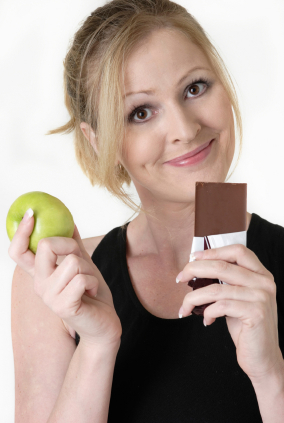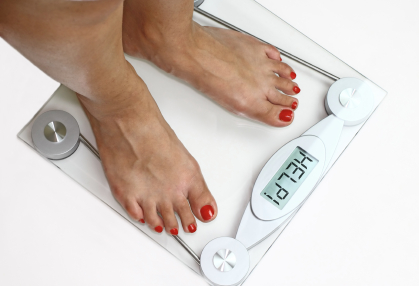The term “eating clean” has been tossed around a lot these days. I have to admit when I first saw the phrase pop up on the internet my initial reaction was a big eye roll. I thought “Oh great, another fad diet designed to make people feel guilty about what they eat. We have enough of those to last an eternity!”
Fortunately, that’s not what it’s about.
While there’s no scientific definition attached to the phrase “eating clean,” the concept is actually a good one. The goal is to eat food in as close to its natural state as possible.
Clean eating is about understanding how to read labels, knowing where the ingredients came from, and what process they went through to make it onto your plate. Things like additives, preservatives, and ingredients that add flavor can contribute to making a food less wholesome.
It’s about shopping around the perimeter of the store for as much of your food as possible and knowing what to look for when tackling the center aisles full of prepackaged food.
Please understand, I’m not suggesting that you should never eat anything processed. One of the challenges with many of the clean eating plans is they usually have too many rules and restrictions. However, a balanced approach to “eating clean” is a wise choice to help you maintain your weight and your health.
Here are five simple tips to help you make cleaner choices when you are shopping at the markets.
Cook as much as you can. One of the top reasons I encourage meal planning and cooking your own food is that you have more control over the ingredients. You can modify recipes to suit dietary needs and have 100% control over what goes into your body. Magazines like Cooking Light are a great place to find healthy recipes that won’t skimp on taste or ingredients.
Not all processed food is unhealthy. Food that is deliberately changed before it is made available for us to eat is considered processed. It’s usually packaged in boxes or bags and contains more than one item on the ingredient list.
Some processed foods are actually healthy for you and can be great time savers. Foods like precooked whole grains, greek yogurt, nut butters, frozen fruits and veggies, organic soups, and canned beans are all great examples of healthy processed foods.
Take a quick look at the ingredient list before purchasing processed food. Ask yourself if it’s something you could make at home or can it only be made in a lab. If you see things like high-fructose corn syrup or partially hydrogenated fats (transfats), the food has undergone a chemical process. I recommend avoiding these chemicals in your food as much as possible.
Load up on fruits and vegetables. Choose recipes like stir fry’s that include a lot of vegetables. Try adding a side salad with your dinner or lunch, or including a piece of fruit with your snack. If you like to keep it simple, fill up half of your plate with fruits and veggies and then add your protein and carbohydrate.
Know where your food comes from. Ask your market where the food you are buying came from. Look for meat that is grass-fed and raised without antibiotics or hormones. Produce that travels a few hours to get to your plate is less likely to have artificial preservatives than the fruits and veggies traveling 1500 miles or more from other countries. Buy produce that’s in season and shop weekly. If spoilage is a concern, buy frozen organic fruits and vegetables. They will last longer and can be more budget friendly. I like to buy a combination of fresh and frozen every week and then focus on using the foods that have a shorter shelf life first. Freeze meat and defrost it as needed.
Drink plenty of water. Staying properly hydrated is important for numerous health reasons. It also helps you limit beverages that contain artificial sweeteners. Coconut water or sparkling water with a squeeze of lemon is a nice alternative to some of the chemically sweetened beverages available on the market.
Eating clean is really nothing new. It’s a simply a new phrase attached to the way of life my great-grandmother would have understood living on their farm. Food that comes directly from the farm to the table is usually about as clean as you can get.
I think my grandmother would have wondered what all the fuss was about. 🙂
To your health!
Jennifer
This post contains an Amazon affiliate link which means that if you click on the product link, I’ll receive a small commission. Twenty percent of all Amazon commissions will be donated to charity. It’s a pleasure to serve you!



